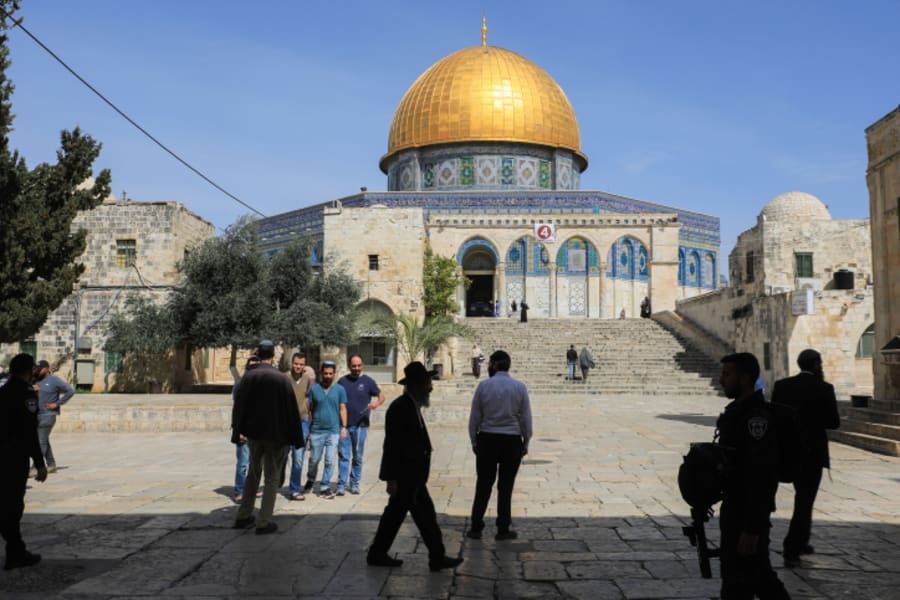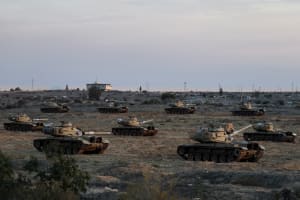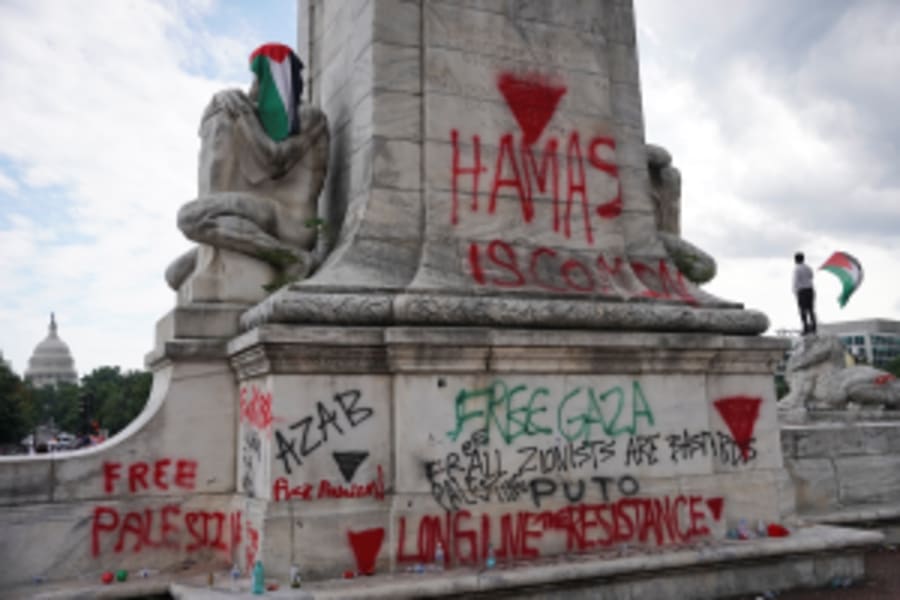Palestinian Authority fumes over Israeli lawmaker’s proposal to divide Temple Mount

The Palestinian Authority is strongly opposed to a recent proposal to divide Jerusalem's Temple Mount between Muslims and Jews.
Knesset Member Amit Halevi of the Likud party submitted a division plan that would reportedly give Muslims control of al-Aqsa Mosque in the southern section of the compound. By contrast, Jews would control the central and northern parts of the Temple Mount, which would include the Dome of the Rock.
If implemented, Halevi's plan would end Jordan’s current custodianship over the Temple Mount through the local Muslim Waqf authority in Jerusalem.
On Monday, Palestinian Authority Prime Minister Mohammad Shtayyeh warned of an “overwhelming anger” among Muslims concerning the prospect of dividing the Temple Mount, which is the third holiest site in Islam and the most sacred site in Judaism.
During a cabinet meeting in Ramallah, Shtayyeh urged the Muslim world and the international community to “move from issuing condemnations to imposing sanctions on Israel to prevent any change at al-Aqsa Mosque and halt any violation of Islamic and Christian holy sites in Jerusalem.”
Ramallah’s Ministry for Jerusalem Affairs condemned the Israeli proposal as “very dangerous.”
“The plan proposed by a member of Israeli Prime Minister Benjamin Netanyahu’s party [Likud] is a flagrant assault on the feelings of all Muslims,” stated the PA ministry.
“The implementation of this plan will lead to religious war,” it warned.
Despite the Temple Mount’s religious significance to all three Abrahamic faiths, Christians and Jews are currently not allowed to pray at the site due to fears it would spark a strong reaction from the Muslim world.
The “status-quo” policy has traditionally banned non-Muslims from entering the Temple Mount complex during the last 10 days of Ramadan, when Muslim worshippers sleep at the site they call the Al Aqsa Mosque or Noble Sanctuary.
In December, Jordan's King Abdullah II warned the incoming Netanyahu-led government not to make any changes to what he called the "red lines" of the status quo regarding Jerusalem's holy sites. He also expressed concerns about a third “intifada,” or Palestinian uprising against Israel if there were to be any such changes.
Jordanian King Abdullah II warned the incoming Israeli government not to make any changes to the status of what he calls the “red lines” regarding Jerusalem’s holy sites and expressed his concern regarding a possible outbreak of Palestinian unrest.
In January, the international community condemned the Israeli government after Israeli National Security Minister Itamar Ben Gvir visited the Temple Mount.

The All Israel News Staff is a team of journalists in Israel.













